Our dogs bring so much to our lives, and we spend time every day walking them, feeding them, and generally addressing their well-being. But did you know that some commonly found foods – that might in your kitchen or somewhere your dog can reach, right now – could be deadly for your pooch? Here are 12 foods you should never feed or allow your dog to accidentally ingest.
To be prepared, keep the contact details of your local veterinarian, the nearest emergency clinic, and the ASPCA Animal Poison Control Center (888-426-4435) at hand.
Chocolate

Many of you have probably heard that chocolate is harmful to dogs. Theobromine is the main problem-causing ingredient present in chocolate and is in the highest concentrations in dark chocolate and unsweetened baking chocolate. Ingesting chocolate can lead to vomiting and diarrhea in dogs. Moreover, it can also cause heart problems, tremors, seizures, and even death in severe cases. It’s crucial to keep all types of chocolate out of reach from your pet.
Onions & Garlic
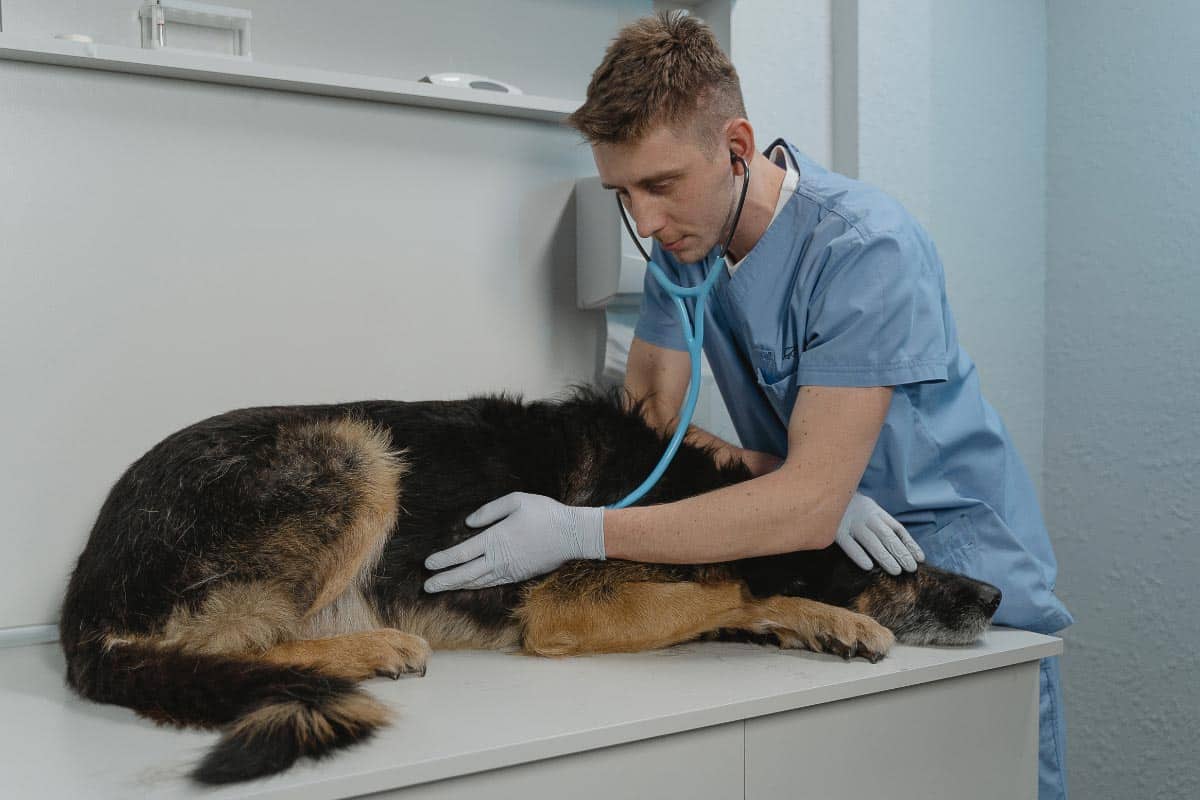
It’s essential to keep onions and garlic, in any form, away from your dog. Whether powdered (like garlic powder and onion powder in the spice drawer), raw, cooked, or dehydrated, they can be toxic and cause anemia by destroying the dog’s red blood cells. Ingesting a significant amount of onions or garlic can lead to poisoning, which could be fatal. Be on the lookout for symptoms such as weakness, vomiting, and breathing difficulties, as they could indicate that your dog has been poisoned. Note the term “a significant amount”. We know that there are many homemade dog treat recipes that contain a bit of onion or garlic powder that dogs seem to tolerate. This would be a perfect thing to go over with your veterinarian at your next visit, to determine how much (if any) would be okay for your precious pet.
Avocados
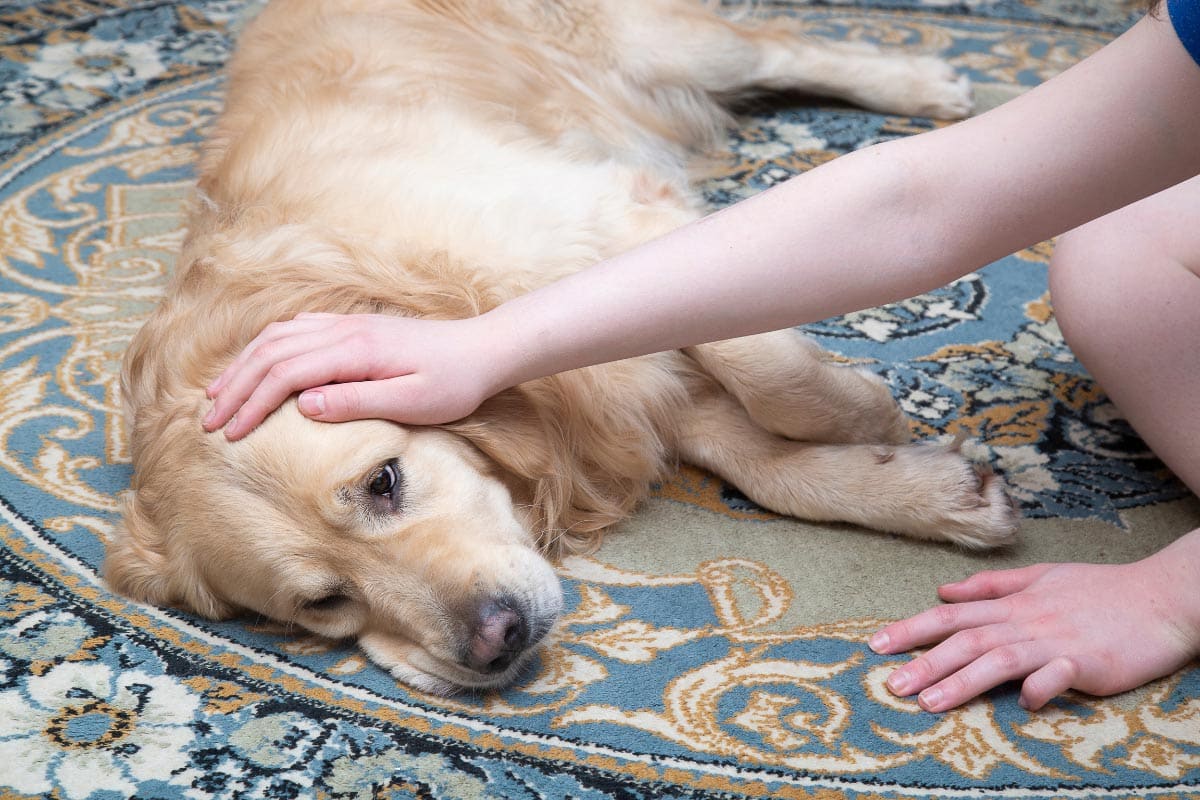
We love a good guacamole, but don’t share it with your pooch. Avocados contain a substance called persin, which is a fungicidal toxin present in the avocado. It is safe for humans unless one has an allergy to it, however, giving too much avocado to dogs could result in vomiting or diarrhea. If you happen to grow avocados in your home, it’s crucial to keep your dog away from the plants as persin can be found in the fruit, leaves, seed, and bark. Furthermore, if a dog ingests the avocado seed, it could lead to intestinal or stomach obstruction which can be fatal.
Xylitol
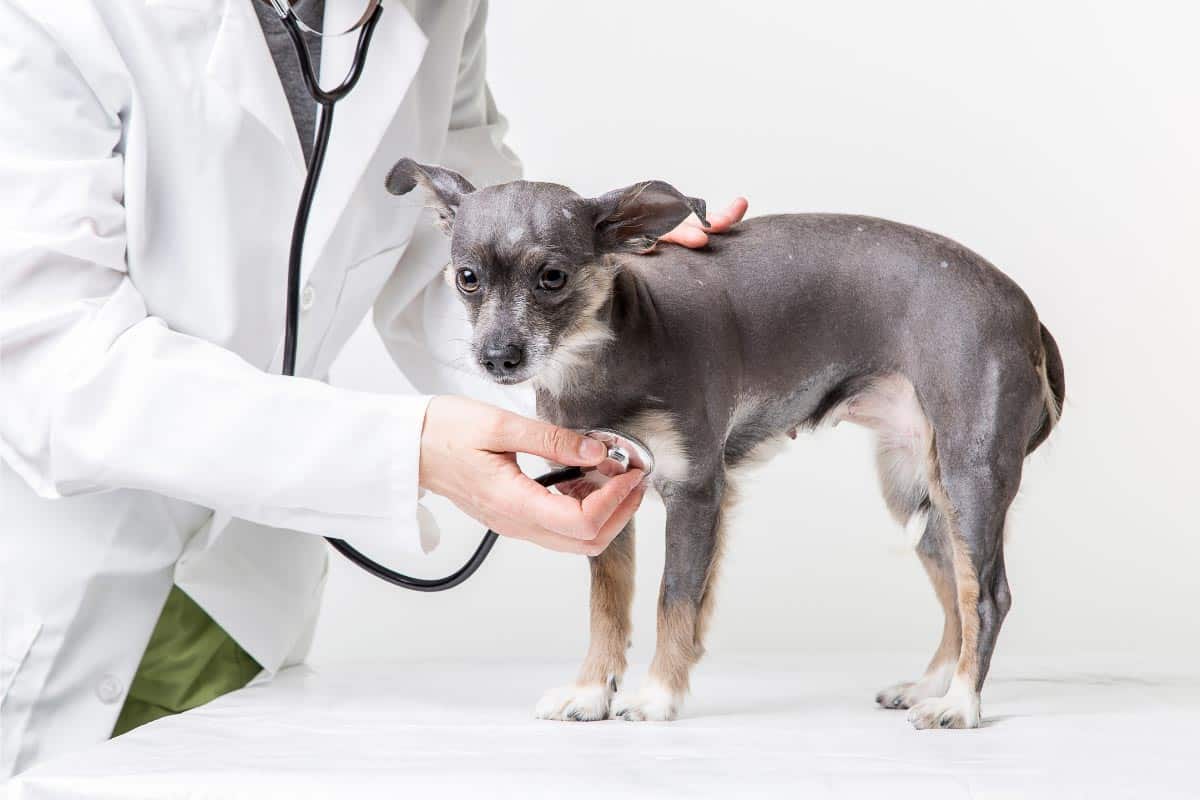
Xylitol is a common sweetener used in “sugarless” candies, gum, baked goods, toothpaste, and certain diet foods. However, it can be harmful to dogs as it can cause a rapid drop in their blood sugar levels and even lead to liver failure. If your dog consumes xylitol, you may notice early symptoms such as vomiting, lethargy, and coordination issues. In severe cases, seizures may occur. Liver failure can develop quickly, sometimes within just a few days. It’s important to keep xylitol-containing products away from your canine friends to prevent such health complications. And make sure your kids know to not leave any of these items within reach of your dogs!
Alcohol
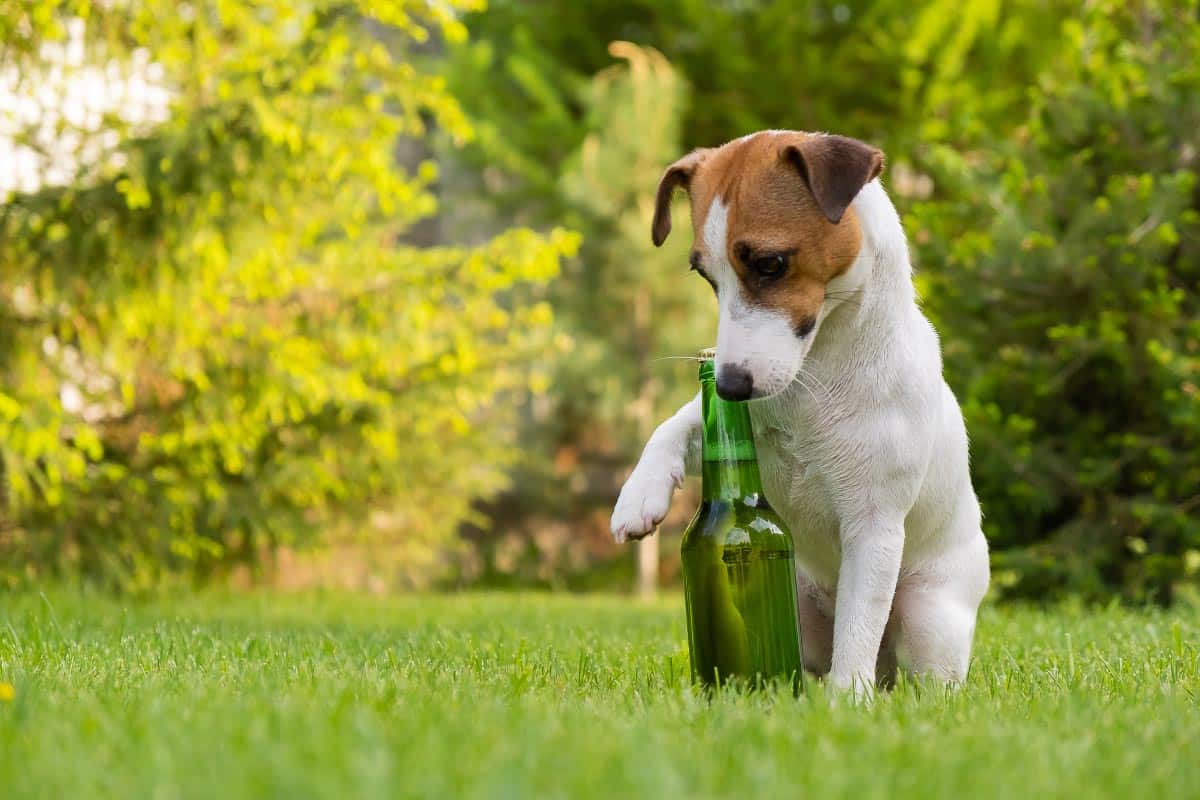
Maybe it has never even occurred to you to offer Fido a 5 o’clock beverage (at least we hope not), but dogs can get at untended glasses of your favorite beer, wine, or hard alcohol – sweetened drinks can be especially attractive. Alcohol affects a dog’s liver and brain similarly to how it affects humans, however, even small amounts of alcohol can be harmful to dogs. Consuming just a small quantity of alcoholic beverage, or food containing alcohol, can result in severe health problems for dogs, such as vomiting, diarrhea, coordination difficulties, breathing issues, coma, and even death. The smaller the dog, the more pronounced these effects may be. As a responsible pet owner, it’s important to keep all alcohol away from your furry friend to avoid any potential health hazards.
Coffee & Caffeine Containing Foods
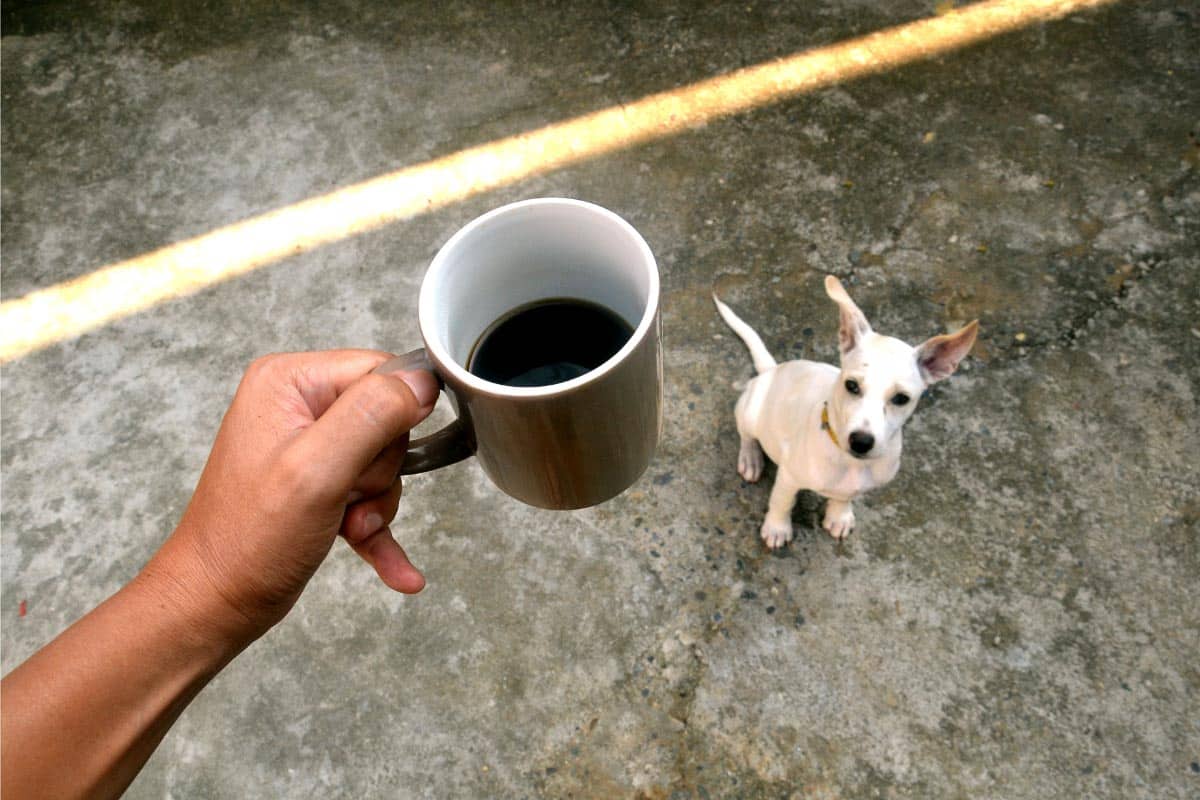
It’s crucial to keep your furry friend away from caffeine, which can be fatal. Coffee and tea, including the beans and grounds, should be kept out of reach. Keep compost and garbage out of reach, for instance. Cocoa, chocolate, colas, and energy drinks should also be avoided as they all contain caffeine. Moreover, some cold medications and pain relievers might contain caffeine, as well.
Salt

You probably know that too much salt (sodium) is not good for us humans, and the same is true for your pups. Feeding your pets large amounts of salt can cause excessive thirst and urination, or even lead to sodium ion poisoning. If you notice that your pet has consumed too much salt, they may exhibit symptoms such as vomiting, diarrhea, depression, tremors, elevated body temperature, seizures, and even death. Therefore, it is recommended that you avoid feeding your pets snacks that are high in salt content, such as potato chips, pretzels, and salted popcorn.
Grapes & Raisins
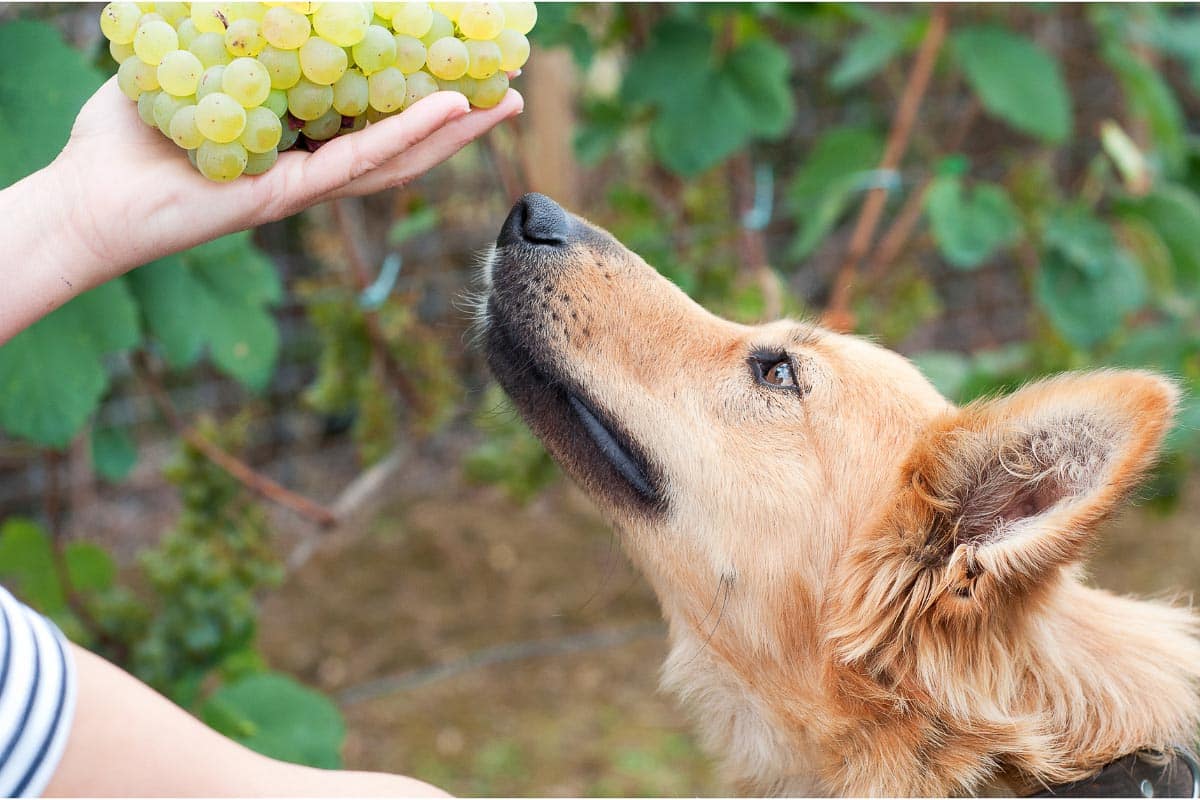
Opting for healthier treats for your dog is always a good idea; our dog loves helping is make salad every night by “helping” with the cucumber ends and a baby carrot or two. Grapes and raisins, however, should be avoided as they can cause kidney failure in dogs. Even a small quantity of grapes or raisins can make your furry friend ill; an early sign of poisoning is recurrent vomiting. Within 24 hours, dogs may become lethargic and dispirited, which are additional signs of a severe problem. It’s crucial to seek veterinary assistance immediately if you suspect that your dog has ingested grapes or raisins.
Macadamia Nuts

It’s crucial to keep your dog away from macadamia nuts and any food items that contain macadamia nuts (think mixed nuts or baked goods). Consuming just a small handful of raw or roasted macadamia nuts can make your furry friend sick. Symptoms of poisoning include muscle shakes, vomiting, high temperature, and weakness in their hind legs. Eating chocolate with macadamia nuts can worsen these symptoms and may even lead to death. If you suspect that your dog has ingested macadamia nuts, it’s important to seek veterinary attention right away.
Milk & Dairy Products
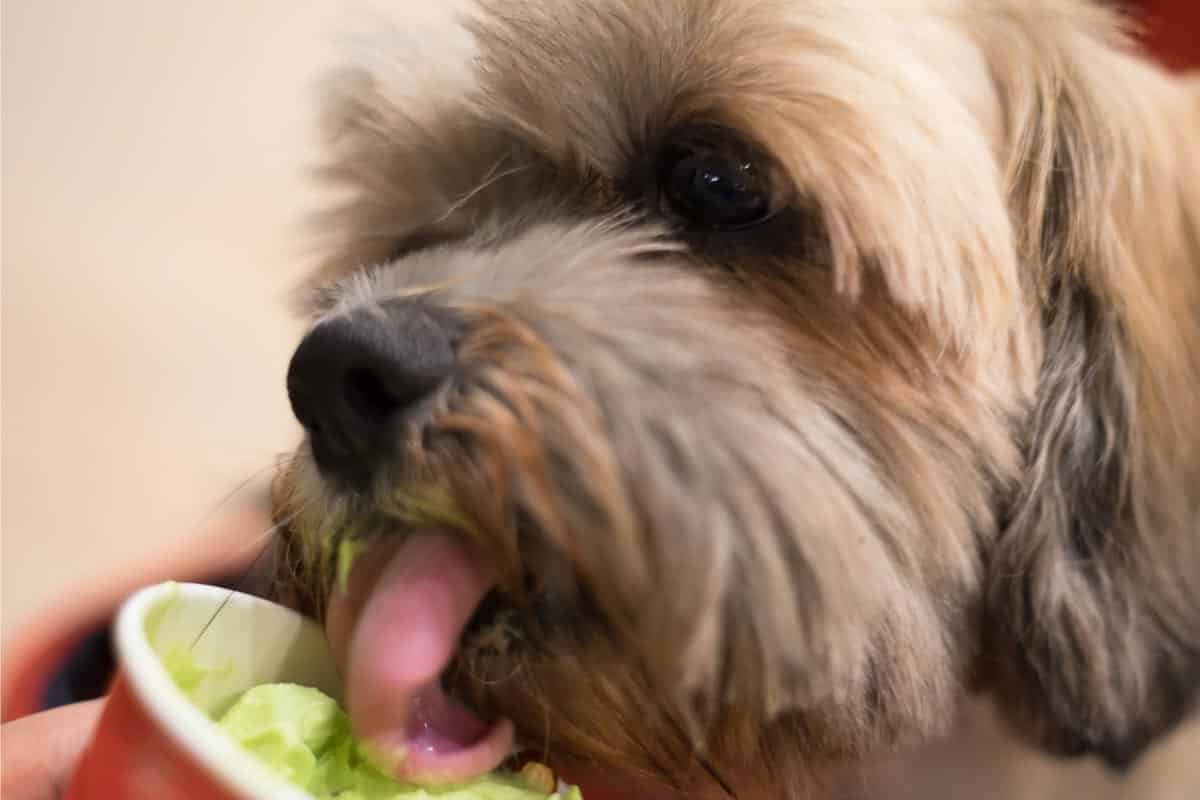
Giving your dog a lick of ice cream on their birthday might be fine, but dogs lack significant amounts of lactase, the enzyme responsible for breaking down lactose in milk. As a result, feeding quantities of milk or other dairy products to pets can cause digestive problems such as diarrhea or other digestive discomfort. So keep those pup cups small!
Yeast Dough

If pets consume yeast dough, it can rise and lead to the accumulation of gas in their digestive system. This can cause discomfort, bloating of the stomach, and potentially twisting, which can become a life-threatening emergency. Additionally, the yeast in the dough produces ethanol as a by-product, which means that if a dog ingests raw bread dough, they can become intoxicated similar to the effects of alcohol. Now, we don’t think any of you are using yeast dough as a doggie treat, but the next time you are making bread and set your dough aside to rise, make sure it is not within reach of your faithful canine companion.
Time To Call The Vet
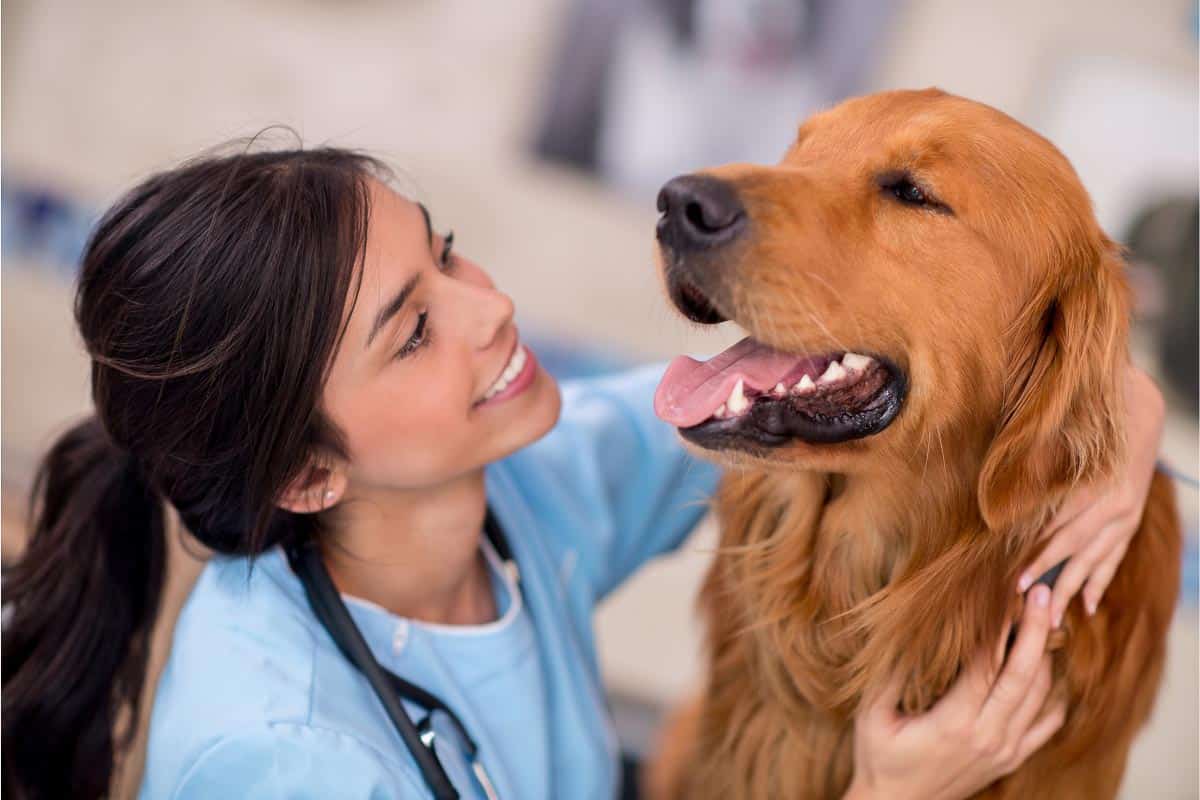
Even with utmost care, it’s possible for your dog to come across and consume something hazardous. To be prepared, keep the contact details of your local veterinarian, the nearest emergency clinic, and the ASPCA Animal Poison Control Center (888-426-4435) where you can easily access them. In case you suspect that your dog has ingested a toxic substance, it’s crucial to seek emergency assistance immediately.
Dogs Surprisingly Don’t Care About This Body Part As Much As We Thought
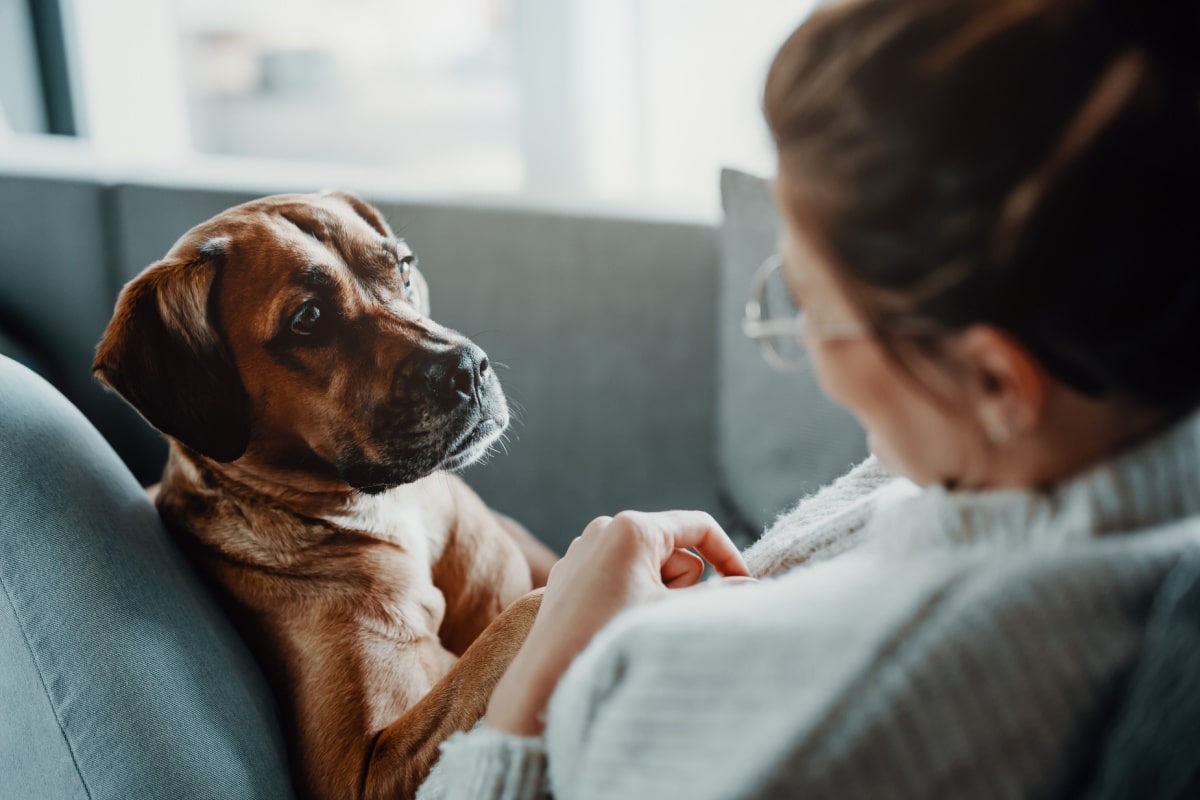
Have you ever caught yourself lost in your furry friend’s eyes, wondering what they see when they look back at you? While we humans are drawn to faces, a study in 2020 suggested that our pups might not share the same interest. What? How can that be? Read: Dogs Surprisingly Don’t Care About This Body Part As Much As We Thought
Pawsitive Impact: Can Pets Boost Your Health and Happiness?

Love hanging out with puppies and kittens? According to the CDC there are myriad reasons why having pets improves our lives.
Thinking about adding a pet to your household? Already have a pet and wondering why they bring so much joy to our lives? Let’s look at the research. Read:Pawsitive Impact: Can Pets Boost Your Health and Happiness?
Why Veterinary Costs Are Soaring – and Half The Time You Can’t Even Get a Vet Appointment!
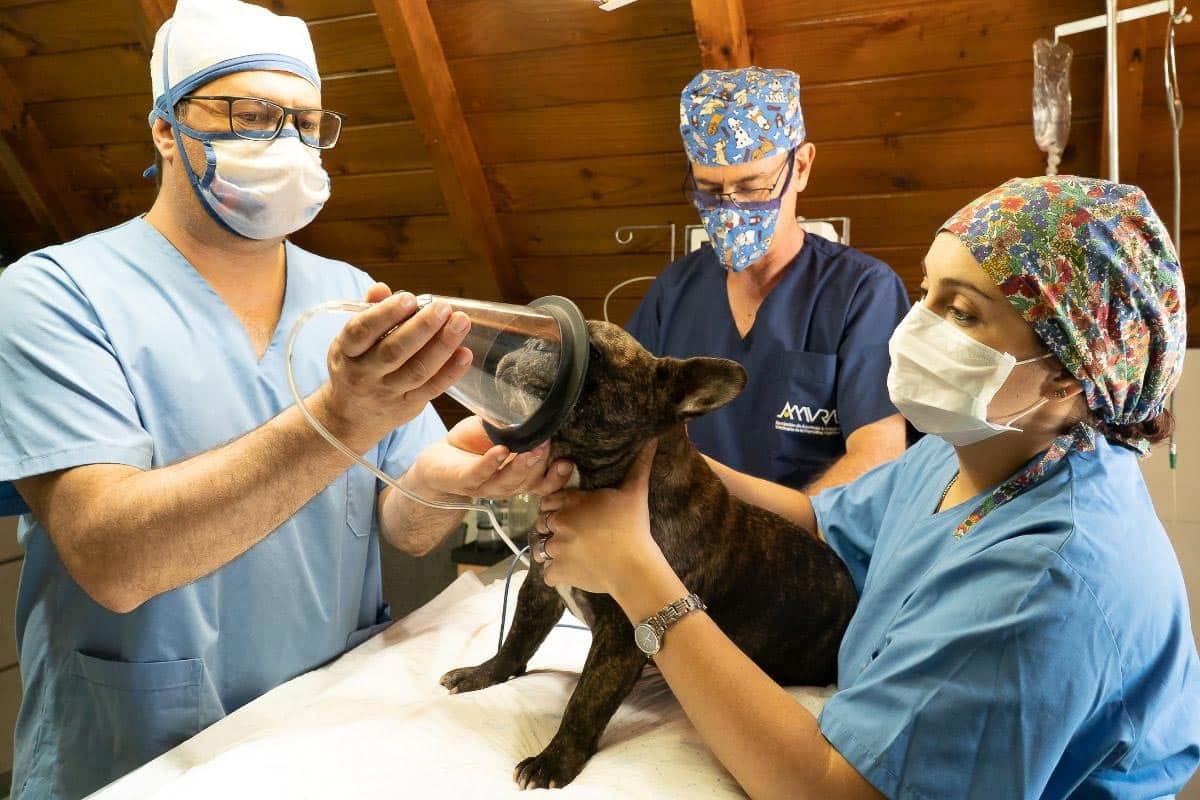
Pet ownership continues to get more and more expensive!
According to an American Veterinary Medical Association (AVMA) 2023 review, 38.4% of households in the United States own a dog, and 25.4% of households own a cat. That translates to 65.1 million households with dogs, and 46.5 million with cats, and our animals require veterinary care. Many animal owners are experiencing sticker shock at the vet’s office – and even difficulty accessing a vet as well. Here are the reasons why.
Read: Why Veterinary Costs Are Soaring – and Half The Time You Can’t Even Get a Vet Appointment!
Holland Became The First Country Without Stray Dogs. Here Is How They Did It
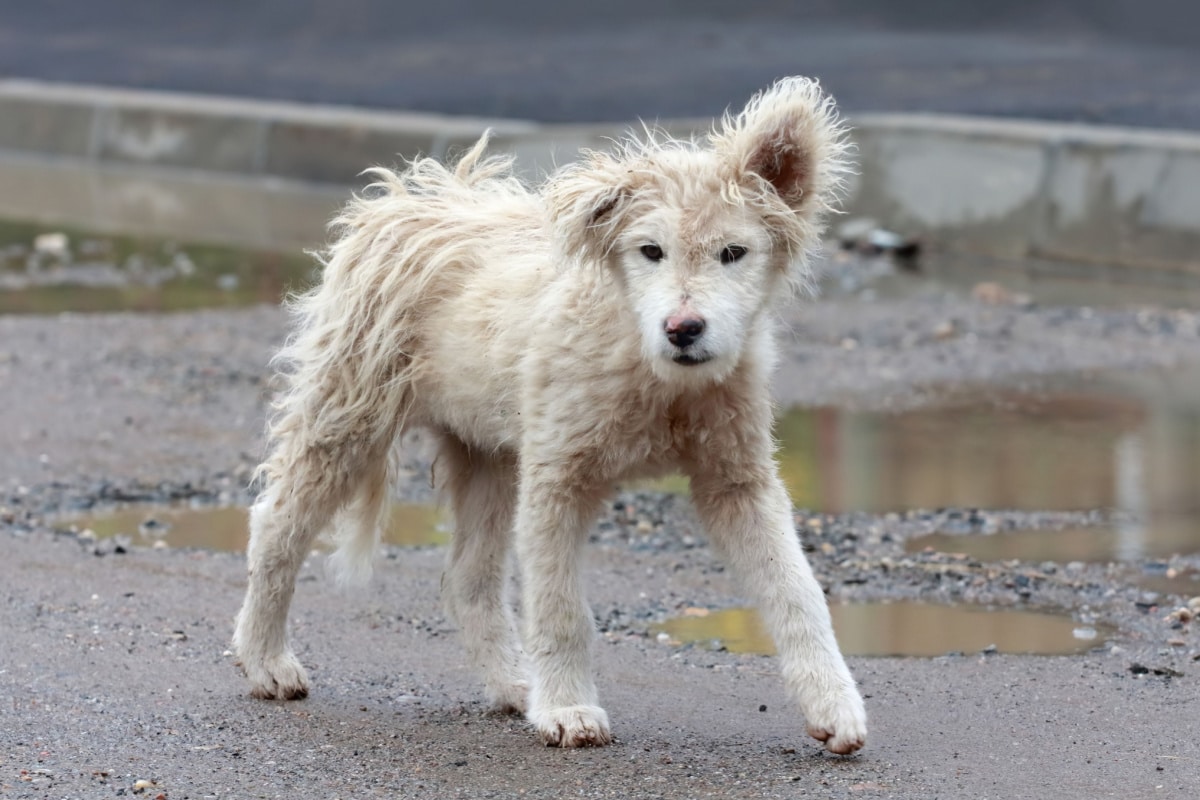
The Netherlands has achieved a remarkable feat that has set a precedent for nations worldwide. It has become the first country without stray dogs.
READ: Holland Became The First Country Without Stray Dogs. Here Is How They Did It.







